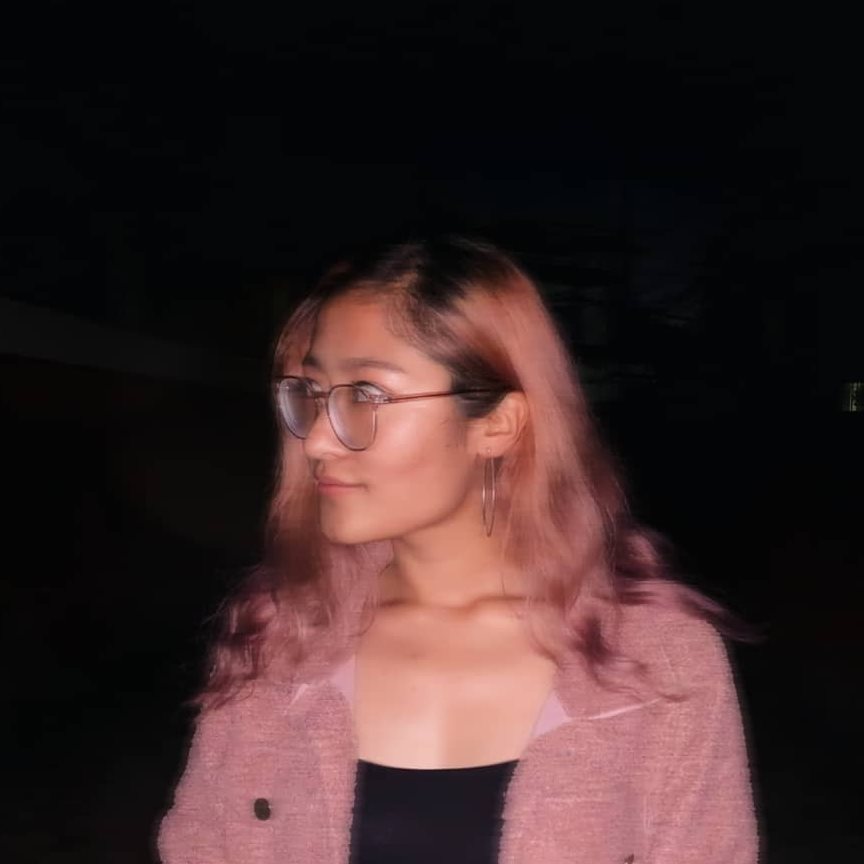What if we had two bodies? Imagine the miles and miles of Earth that we could explore. The experiences we could have would be doubled. We could be at two places at one time and we would certainly not have to choose office work over going on a trip with our friends the next time because we can do both.
But, we don’t. We don’t have two bodies. We just have one. In that one body, we feel confined because one can only be in one place at a time. Even with this limitation, we long for seeing as much as the world we get to so that we can collect as many memories and experiences as we can before we die.
So, we travel and wander in hopes of learning and exploring, and in the process expanding and growing ourselves. But still, deep down we know that this universe is a big-big place, and we are just tiny beings living in a blue dot and we cannot even experience all the things that this blue dot has to offer. The distress we feel upon this very realization of how little of the world that we will experience is called onism.
Onism is one of the words coined by John Koenig in his internet project “The Dictionary of Obscure Sorrows”, in which he makes up words for the emotions that had never been linguistically described before. Onism combines two words: monism and onanism. In philosophy, monism is the view that a variety of things can be explained in terms of a single reality or substance or a distinct source.
Meanwhile, onanism is another word for self-pleasure, transfixed inside your menagerie of fantasies. Onism is a kind of monism because your life is indeed limited to a single reality by being restricted to a single body and it is kind of onanism because you know you have unfulfilled fantasies that you will probably not get to experience.
Koenig describes onism as “the frustration of being stuck in just one body, that inhabits only one place at a time, which is like standing in front of the departures screen at an airport, flickering over with strange place names like other people’s passwords, each representing one more thing you’ll never get to see before you die—and all because, as the arrow on the map helpfully points out, you are here”
You are here, reading this article and I am here, writing this article, while both of us could be doing some other activity that we are missing out on. We are choosing to do this and simultaneously we are giving up a lot of other choices to be where we are, choices that we will now not get to experience. Likewise, there are countless choices we will make throughout our lives and countless alternate histories that we will avoid while choosing one reality over other.
So, there are always the questions looming over head. What if I did this, instead of that? How different my life would be if chose that career instead? What if I had moved out of my parents’ house? These types of questions further intensifies onism. When we ask old people, say our grandparents, about what they regret the most in their lives, the answer will not be what they have done, but rather what they did not do. And that is onism.
So, we have to recognize and accept the fact that we are confined in our bodies and we definitely cannot do everything that we want to. But, what we can do is make good choices and allow ourselves to do something, instead of nothing.

Hey, I am Khusbu. And I write about the themes that I am passionate about or just random topics that spark my interest. Here, I try to express my learnings and my experiences. By writing, I aspire to learn and voice my thoughts. And I hope that by reading, you will learn a thing or two too.

